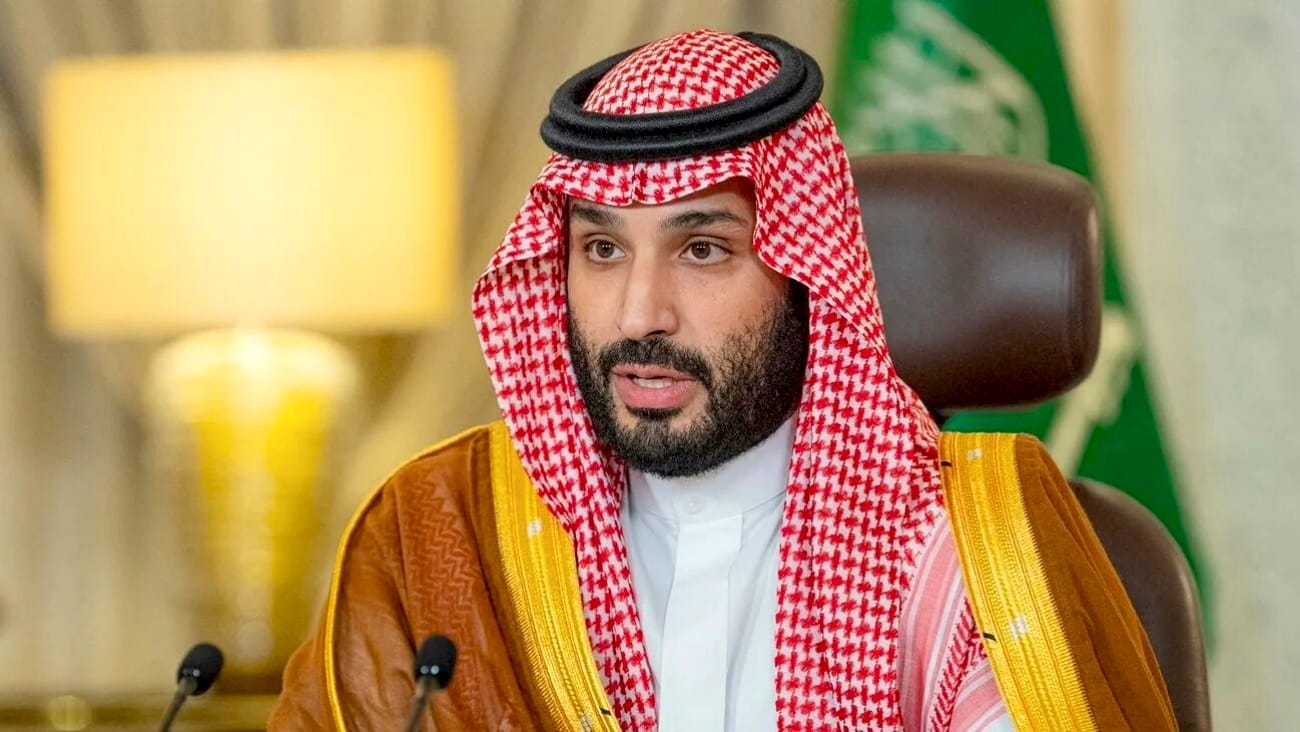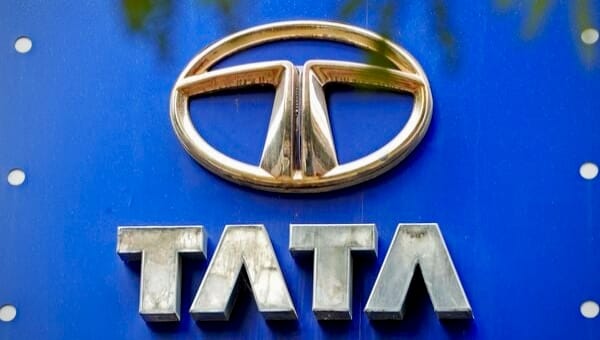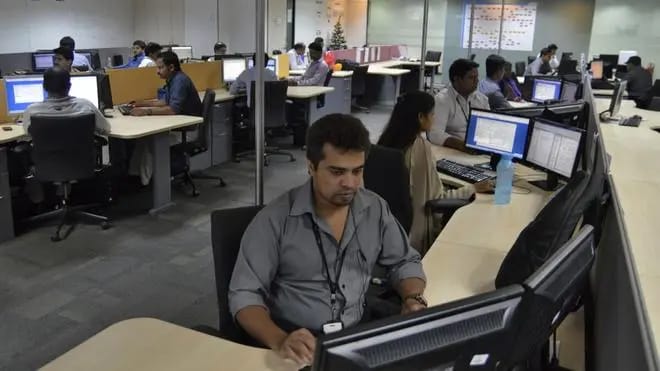
Riyadh, Saudi Arabia – This week, the Future Investment Initiative (FII) revealed a striking dichotomy: Saudi Arabia, the world’s leading oil exporter, convened its premier economic forum to focus not on petrodollars, but on the Artificial Intelligence (AI) revolution. At the “Davos in the Desert,” the keen urgency to embrace AI was evident, driven by the Kingdom’s Vision 2030, its ambitious blueprint to diversify the economy. Yet, beneath the surging optimism, FII grappled with AI‘s immense promise and its unsettling potential for disruption and widening technological inequality.
Crown Prince Mohammed bin Salman’s Vision 2030, designed to pivot the Saudi economy beyond hydrocarbons, views AI as a pivotal opportunity. The Kingdom’s message is unequivocal: it aims to build, not just consume, the AI future, channeling billions into infrastructure, research, and talent. While past diversification efforts—from petrochemicals in the 1970s to tourism in the 2000s—met with varying success, Vision 2030‘s embrace of cutting-edge technology like AI signals a profound strategic pivot. Senior officials emphasize AI as a fundamental re-engineering of the economic fabric, enabling transformation across healthcare, logistics, entertainment, and megaprojects such as NEOM. The Public Investment Fund (PIF), with assets exceeding $700 billion, is strategically investing capital into global tech ventures and domestic AI initiatives, striving to forge a vibrant digital ecosystem. This digital transformation is poised to be the primary engine for ambitious non-oil GDP growth, projected to significantly outpace historical averages.
Amidst this ambitious drive, FII discussions also explored AI‘s potential pitfalls: profound societal disruption and the risk of widening technological inequality. Policy experts, including those from the World Economic Forum, cautioned that while AI could significantly boost global GDP, it also threatens millions of jobs. For Saudi Arabia, with its young, expanding population, this presents a pressing concern: how to transition a workforce traditionally reliant on government and specific sectors towards one demanding advanced digital skills. Analysts highlighted the “human impact” of AI, noting that emerging economies like Saudi Arabia face a two-pronged imperative: attracting high-tech investment while rapidly upskilling citizens. Failure threatens a stratified society, where a small elite reaps AI‘s benefits, leaving a large segment behind. Globally, an estimated 30% of current jobs are susceptible to automation in coming decades—a statistic central to Middle East employment strategies.
In Riyadh, these concerns manifest in real anxieties for average citizens contemplating the need for new skills. Educational reforms, pivoting towards STEM and digital literacy, are already underway, yet the scale of workforce reskilling required remains daunting. The rapid pace of technological advancement often outpaces educational systems’ adaptability, creating potential mismatches between available jobs and qualified candidates. Regionally, Saudi Arabia’s AI ambitions also carry significant diplomatic weight. While aiming to position itself as a tech hub attracting investment and talent, its swift progress risks creating a digital chasm with less-resourced neighbors. International organizations advocate for collaborative regional strategies to ensure AI benefits are shared, actively working to prevent stark digital disparities.
Saudi Arabia’s Vision 2030 Takes Center Stage at FII 2025 with AI, Automation, and Equity in Focus
Saudi Arabia‘s ambitious embrace of AI transcends a mere national economic transformation; it serves as a critical global case study. Its trajectory in balancing technological advancement with inclusive development will offer invaluable insights for developing nations worldwide. Success in democratizing AI access and fostering human capital could provide a compelling blueprint. Conversely, failure to address inequality risks exacerbating social fragmentation, highlighting the profound implications for both the Kingdom and the global community.
As FII concluded, the sentiment was one of measured ambition. Saudi Arabia has resolutely committed to an AI-powered future, marshalling immense financial resources for swift transformation. The scale of planned investments—in AI research centers, megaprojects like NEOM, and strategic partnerships with global tech leaders—is substantial. However, the true test extends beyond attracting capital and technology; it rests on cultivating human capital and robust social structures. The Kingdom must prioritize democratizing AI education and opportunities, fostering innovation beyond government directives, and evolving regulatory frameworks to address AI‘s inherent ethical dilemmas.








